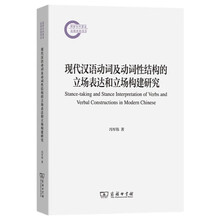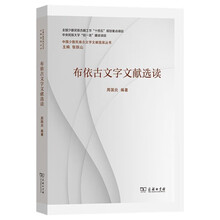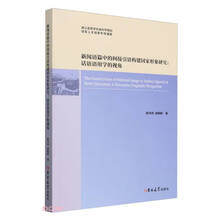This paper seeks to clarify the notion of competence in language and to draw on its relevance to language teaching practices. It is suggested that Hymess account of communicative competence as incorporating language beyond grammar and ability as well as knowledge raises problematic issues concerning the analysability and accessibility of knowledge and the scope and application of linguistic rules. A consideration of these issues suggests the possibility that competence for use may involve not so much the generation of expressions by direct reference to rules as the adjustment of pre- assembled and memorized patterns. The ability to use language, therefore, may have to do with access which is relatively independent of the analytic knowledge of grammar as defined in Chomskys original concept of competence.
The influence of ideas, whether for good or ill, does not depend upon their being fully understood in their own terms. Usually, indeed, it depends upon them being recast in different terms to suit other conditions of relevance. This should not be a matter of surprise or regret. The more influential an idea, the less dependent it is, obviously enough, on the particular context of its conception. All interpretation, after all, is a matter of reformulating ideas so that they key in with one s own frame of reference. And so it is with the idea of communicative competence. It has been adapted, interpreted, and exploited, keyed in with the concerns of applied linguistics and language teaching pedagogy. It has inspired a good deal of innovative activity in the field. Some of this comes from partial understanding of the concept, from a distortion indeed of the original. This does not matter. Many a new dish has emerged from a mistake with a recioe. We do not condemn this; we call it being creative.
展开










